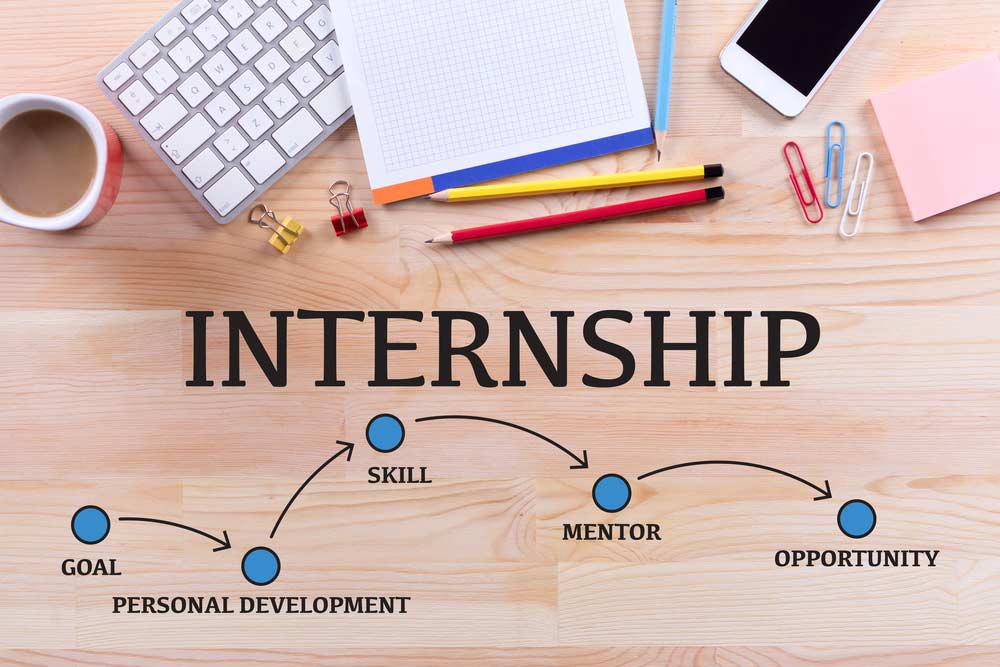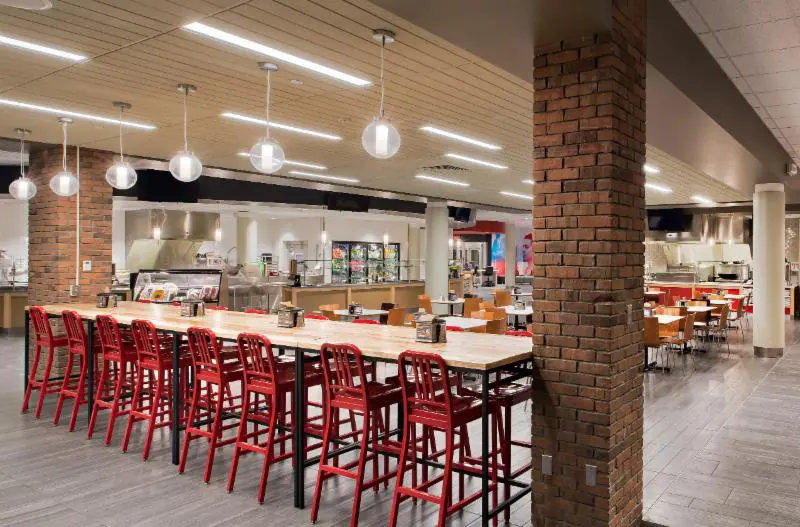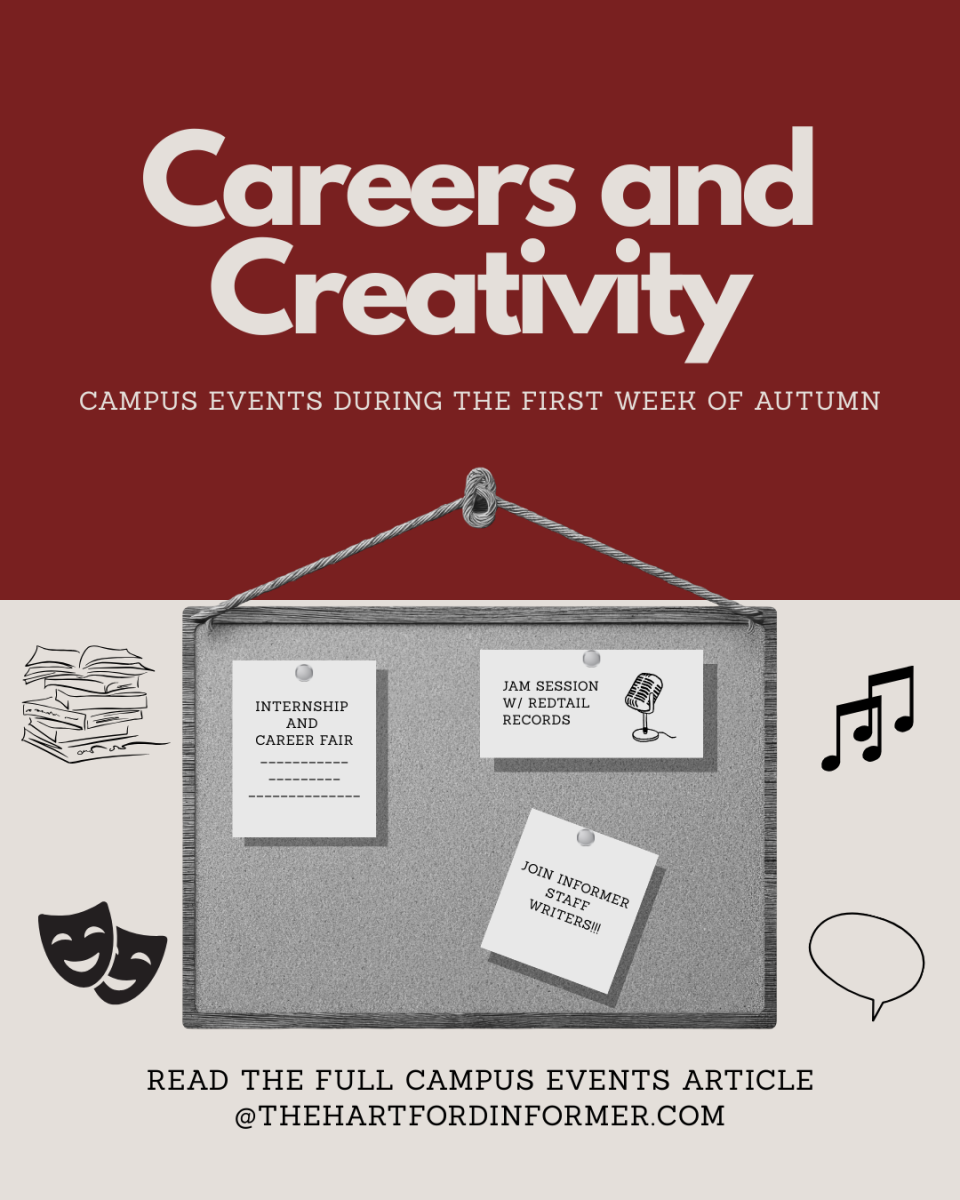Free College Will Not Be Effective
October 7, 2020
Free college sounds fantastic on the surface. To limit the amount of student debt and to make higher-level education more accessible to everyone seems like an amazing goal for our college system. The inevitable plunge quickly crushes those hopes and dreams into the logistics of free college.
The importance of differentiating between tuition-free and free college can not be understated. Tuition-free means classes can be taken with little to no cost. This is not the same as free college, which means students can attend a university, including room and board, for free. The stark contrast between these two phrases is important because one is a little bit reasonable. Tuition-free schooling could be implemented, although probably unsuccessfully, it could happen. To include room and board is just ridiculous. There would be no real way to provide funding and maintain living and meal plans at no cost to the individual, especially considering the plethora of options at most colleges. That is why, for the purposes of the article, the discussion will be on tuition-free options as opposed to free college.
Now to look at what the word free means. Free is synonymous with no cost, but that is not possible. Professors would need to be paid, and the maintenance and upkeep for buildings also have a cost. As was already discussed, free college means no cost to the student, but this money must come from somewhere. Generally, this free college discussion would be government-subsidized, similar to high school and elementary schools. This makes sense. Most American students came through a system where the government pays for schooling through high school, except for private schooling.
The first problem is that the differences between high school and college are drastic. Colleges offer a variety of freedoms that high school does not. This is shown in curriculum options as well as overall campus life. These differences cost way more than any reasonable margin that can be subsidized by the government. It requires many new teachers in various fields and more facilities and labs that are not feasible. Especially when put in place by the government due to the number of restrictions that would follow, and quite frankly, there are not many government programs that are well run. Chances of the system to succeed would quickly be ruined by political bureaucracy and government protocols.
Overall, the main problem with tuition-free college is that it is counterproductive. Opening the opportunity to a college education to everyone devalues college degrees in general. It evens the playing field so much that everyone would need a college degree to get a decent paying job. This would then give the edge to individuals with a higher-level degree such as masters or doctorate, which would continue this cycle and keep an opportunity gap. This is one of the few downsides to a capitalistic economy for employees. Although it sounds great, free college education defeats the purpose of college altogether by making it essentially mandatory. Currently, college is offered as a choice to further one’s education. Making it free would mean the same thing as extending high school for four more years. Except for the means of allowing students to pick what classes they take, instead of a standard curriculum that would cost more money and indeed be executed poorly by the government.










